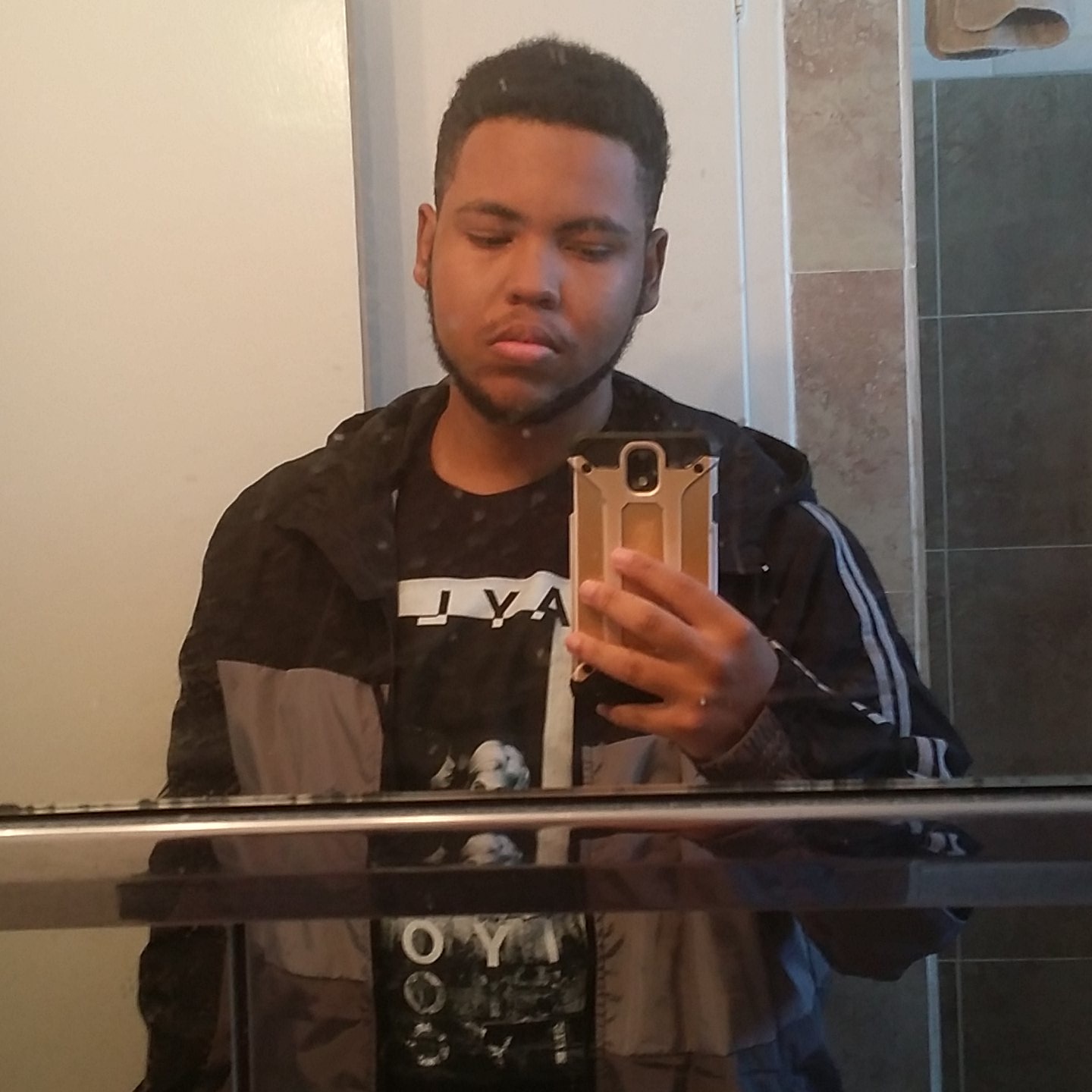Guest Author: Marcus Carter
Nineteen year old Marcus Carter, bullied severely throughout his early school years, is a strong child advocate dedicated to raising awareness of child maltreatment issues in the United States. Marcus is an active supporter of American SPCC and our mission to stand up and speak up on behalf of kids. He encourages everyone in America to do what’s right for children. He believes if we all come together, we can make a big change!
Here, he shares with us his opinion piece: The Effects of Becoming a Foster Child.
The Effects of Becoming a Foster Child: A Child’s Perspective
Being a foster child is a tough thing to go through as many thoughts, feelings, and emotions may be running through their heads.. According to recent statistics, “Over 437,000 children and youth are in foster care and on average, a child can spend almost 12 to 20 months in foster care.” While considering these sobering statistics, what do you think may be going through the minds of these 437,000 children?
Happiness? Anger? Hope? Sadness? Despair? All of these feelings are right but not all of them are permanent. Happiness can come in the form of a child finding a foster home to live in. Children feel welcomed and appreciated by the new family that they are becoming a part of. They may be feeling angry as well. Children that go through foster care tend to have attachment issues that remain throughout their life. These issues can include depression, anxiety, PTSD, and other forms of mental illnesses. Children can also have thoughts about their biological parents and why they decided to leave them all alone.
The process of foster care can be a tricky one for children as not all of the parents that decide to open their homes to a foster child choose to adopt them. Not all foster parents keep their child for their lifetime. In fact, only 10% of foster children spend more than 5 years in foster care. This is a small number of children that are being raised by a new family. The sad part is that not many people think about how this will affect the child in foster care. If a foster child was raised by a new family for 5 years and then had to go back into the foster care system, this could keep the child away from school and increase mental health issues. To prove this, only about half of the children in foster care complete high school when they are 18 years old.
Why are children in foster care? Children are in foster care because their parents were involved with harmful acts such as neglect, alcohol abuse, drug abuse, sexual abuse, abandonment, and much more. Does any child deserve to go through these things? Of course not! However, despite the tough issues that children in foster care go through, things can get better for both the child and the family. For one thing, the goal of foster care is to provide children with a healthy environment, so they can feel safe while their parents attempt to improve their wellbeing in order for them to take care of their children again. Whenever the biological family gets better or recovers from whatever issue they have been struggling with, there are opportunities to have them reunite with their children.
For the children, meeting with their biological family may be a difficult thing to handle. During this time, children think about why they had to leave them in the first place, how they should act when they see their parents after a long time, and how they should feel before and after the interaction occurs. Meetings can also be a little awkward and intimidating for the child as well since they do not know how their parents will react to them.
All children need the proper love and care that they deserve. If a child goes into foster care, it should be in the parents’ best interest to get healthy and be able to take care of their loved ones because deep down inside, they need you no matter how they feel or what they are going through.
For people looking to raise foster care children, it is important to give these kids love and support throughout anything that they may be going through or feeling. You are a big part in these kids’ success and they will never forget who you are!
Just remember, it is up to you to make a change. Are you up for the challenge?
American SPCC encourages you to join us as we help create a brighter future for kids. Through advocacy and help resources we create real impact in families and communities. TAKE ACTION and start making a positive difference in the life of a child.
There are so many ways that you can be a hero!
About the author


You can read more of his writing and his letter ¨Dear Future Self¨ here ( link – https://americanspcc.org/testimonial/dear-future-self/)

